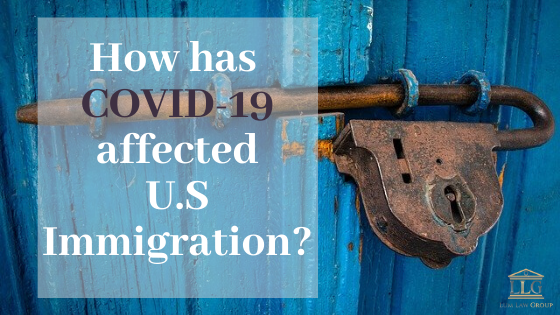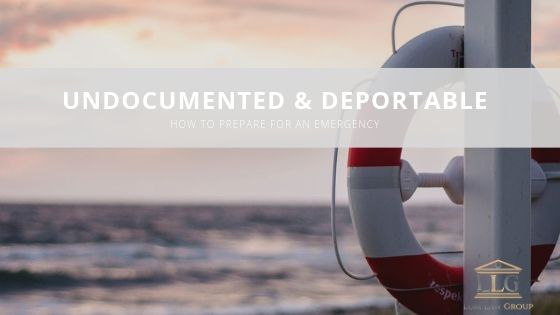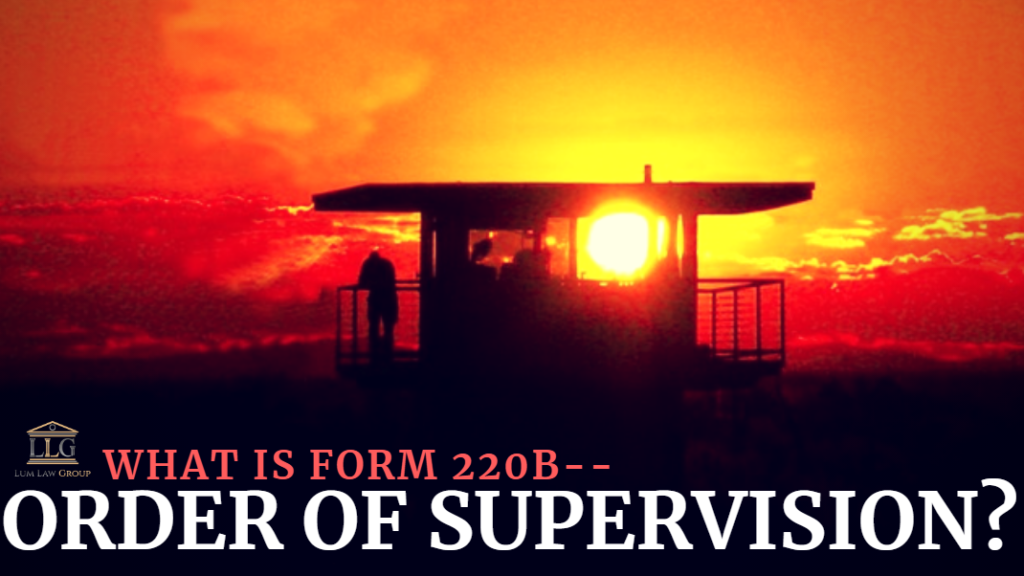How has Coronavirus affected U.S. immigration?

The COVID-19 pandemic has resulted in a halt in our daily lives, and significant (temporary) changes to the U.S. immigration system. In this article, we have compiled coronavirus related immigration changes by category, or circumstance. However, we do not go into specifics as it would depend on your individual situation and would require our attorneys’ […]
Undocumented and Deportable: How to Prepare

Amid recent news on an increase in Immigration & Citizenship Enforcement (ICE) raids, many may worry about detainment. While California is immigrant-friendly, it doesn’t mean law enforcement won’t turn you over to ICE. It also does not prevent federal agents from taking you into custody. If you’re undocumented and worry you might be detained or […]
What is Form 220b, Order of Supervision?

The form 220b is an “Order of Supervision” is a detailed form with instructions on when, how, and how often you have to check in with Immigration and Customs Enforcement (ICE). The Order of Supervision is handed out to aliens who are released from detention, released from custody, or who are low-risk and therefore not […]

